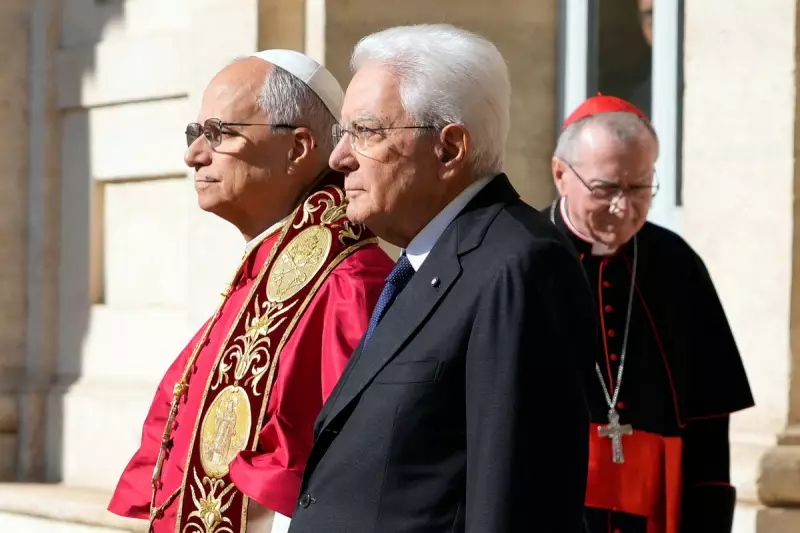
Italy has been plunged into a dramatic political crisis after President Sergio Mattarella rejected calls for immediate snap elections, throwing Matteo Salvini's power play into disarray. The constitutional showdown comes after Salvini's shock decision to collapse his own coalition government, a calculated gamble that appears to have backfired spectacularly.
Constitutional Clash in Rome
President Mattarella, exercising his constitutional authority, has firmly blocked Salvini's path to early elections, creating one of the most significant political standoffs in recent Italian history. The president's office confirmed that alternative solutions must be explored before the country can return to the polls.
The crisis erupted when Salvini, leader of the right-wing League party, abruptly pulled support from the coalition government he shared with the Five Star Movement. Political analysts suggest Salvini anticipated capitalising on his strong polling numbers to secure a majority in fresh elections.
Fallout from Failed Power Move
Salvini's dramatic move has exposed deep divisions within Italian politics and raised questions about the stability of the country's governance. The League leader's popularity had been riding high, leading many to believe he held an unbeatable position.
However, President Mattarella's intervention demonstrates the crucial balancing role of Italy's presidency. The president made clear that constitutional stability must take precedence over political opportunism, especially with critical budget discussions looming in the autumn.
What Comes Next for Italian Politics?
- President Mattarella begins consultations with political leaders to explore alternative government formations
- The Five Star Movement faces critical decisions about potential new alliances
- Markets watch nervously as Italy's political future remains uncertain
- European leaders monitor the situation amid concerns about Eurozone stability
The coming days will determine whether Italy can form a new governing coalition or if Salvini will eventually get his wish for elections, though likely on a timeline that diminishes his advantage. The political manoeuvring in Rome continues to keep European capitals on edge.





